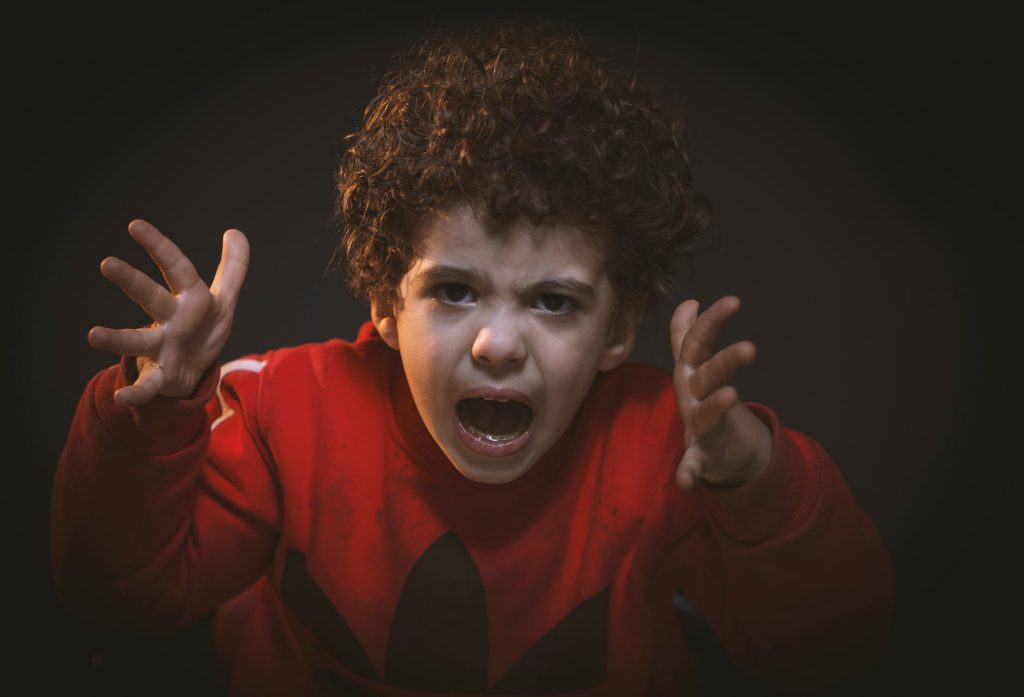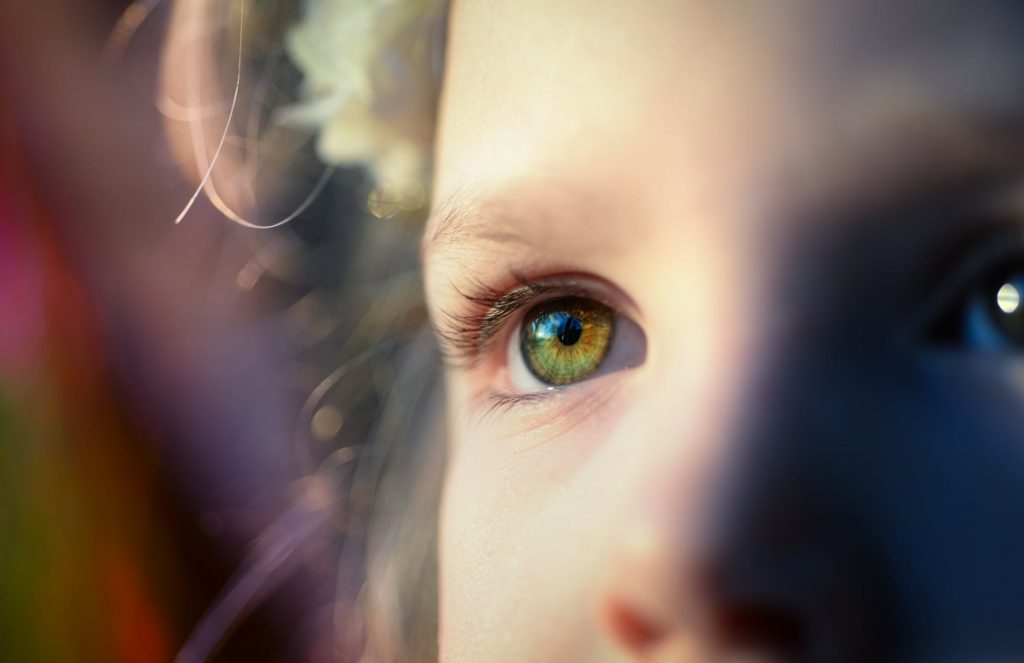
Whether we are aware of it or not, we all may know someone suffering from Bipolar Disorder. Bipolar disorder is a mental health disorder that can cause dramatic changes in mood and energy levels. Symptoms can affect daily life severely with major ups-and-downs. Importantly, spotting the signs of bipolar disorder can help a person to get the proper treatment, as real dangers do exist.
A person who has Bipolar disorder will encounter a range in mood from feelings of elation and high energy to intense depression. There can also be disruption in sleep and thinking patterns and other behavioral symptoms.
The extremes of mood are known as manic episodes and depressive episodes. Hypomania has symptoms of a manic episode that are less severe.
Typically, in most cases, people suffering from Bipolar disorder do not experience symptoms usually until the age of 25 on average. Symptoms can appear during the teenage years, and less commonly, during childhood.
The Signs and Symptoms?
Bipolar disorder is a condition with mood swings that can range from euphoria to depression.However, for a diagnosis of “bipolar I” disorder, a person only needs to have one manic episode.
What is Mania?
When someone has mania, they do not just feel very happy. They feel euphoric.
A person with mania may:
- Possess a lot of energy
- Feel able to do and achieve anything
- Find sleeping to be difficult
- Spend money excessively and impulsively
- Use rapid speech that jumps between topics and ideas
- Feel agitated, jumpy, or even slightly “wired”
- Engage in risky and impulsive behaviors
- Use unwise consumption of alcohol and other substances
- Believe that they are more important than others or have important connections
- Show anger or aggression if others challenge their views or behavior
Severe mania can involve psychosis, with hallucinations or delusions. Hallucinations can cause a person to see, hear, or feel things that are not there.People may have delusions and distorted thinking that cause them to believe that certain things are true when they are not.
A person in a manic state may not realize that their behavior is unusual, but others may notice a change in behavior. Some may see the person’s outlook as sociable and fun-loving, while others may find it unusual or bizarre.
The individual may not realize that they are acting inappropriately or be aware of the potential consequences of their behavior.
They may need help in getting help and staying safe, which is where family and friends should step in to seek professional therapists.
What is Hypomania?
Not everyone will have a severe manic episode. Less severe mania is known as hypomania. Symptoms are similar to those of mania, but the behaviors are less extreme, people can often function well in their daily life, and it typically only lasts 3-4 days.
If a person does not address the signs of hypomania, it can progress into a more severe form of the condition at a later time.
Bipolar Depression Symptoms
Signs of a depressive episode are the same as the symptoms of a major depressive episode.These may include:
- eeling down or sad
- >having very little energy
- having trouble sleeping or sleeping a lot more than usual
- thinking of death or suicide
- forgetting things or feeling distracted
- feeling tired on a constant basis
- losing enjoyment in daily activities
- lack of emotion or joy in facial expressions
In severe cases, a person may experience psychosis or a catatonic depression, in which they are unable to move, talk, or take any action. Although rare, bipolar disorder could occur in young children and teenagers.
What are the Causes?
Doctors do not know exactly what causes bipolar disorder. In general, there are theories that may be triggers, as follows:
- Genetic factors: A person with bipolar disorder may have a parent with the condition. However, having a parent or even a twin with bipolar disorder does not mean a person will have it.
- Stress: Someone who has a genetic predisposition may experience their first episode of depression or mania during or after a time of severe stress, for example, the loss of a job or a loved one.
When to See a Therapist?
People with symptoms of Bipolar should seek professional help as soon as possible and as a precaution, at the very least. It is always a good idea to speak with a therapist when there is concern about severe mood swings that seem to come and go or make it difficult to work.
The best person to start with may be a primary care physician or family doctor. They will likely refer someone with these symptoms to a therapist, or a specialist who cares for people with mental health disorders.
Someone who notices these symptoms in a friend or loved one can also speak with atherapist about their concerns.
If you have been diagnosed with bipolar disorder or believe that you may be suffering from bipolar disorder, please pick up the phone today and call our team at Foundations Counseling.










